I’m trash!
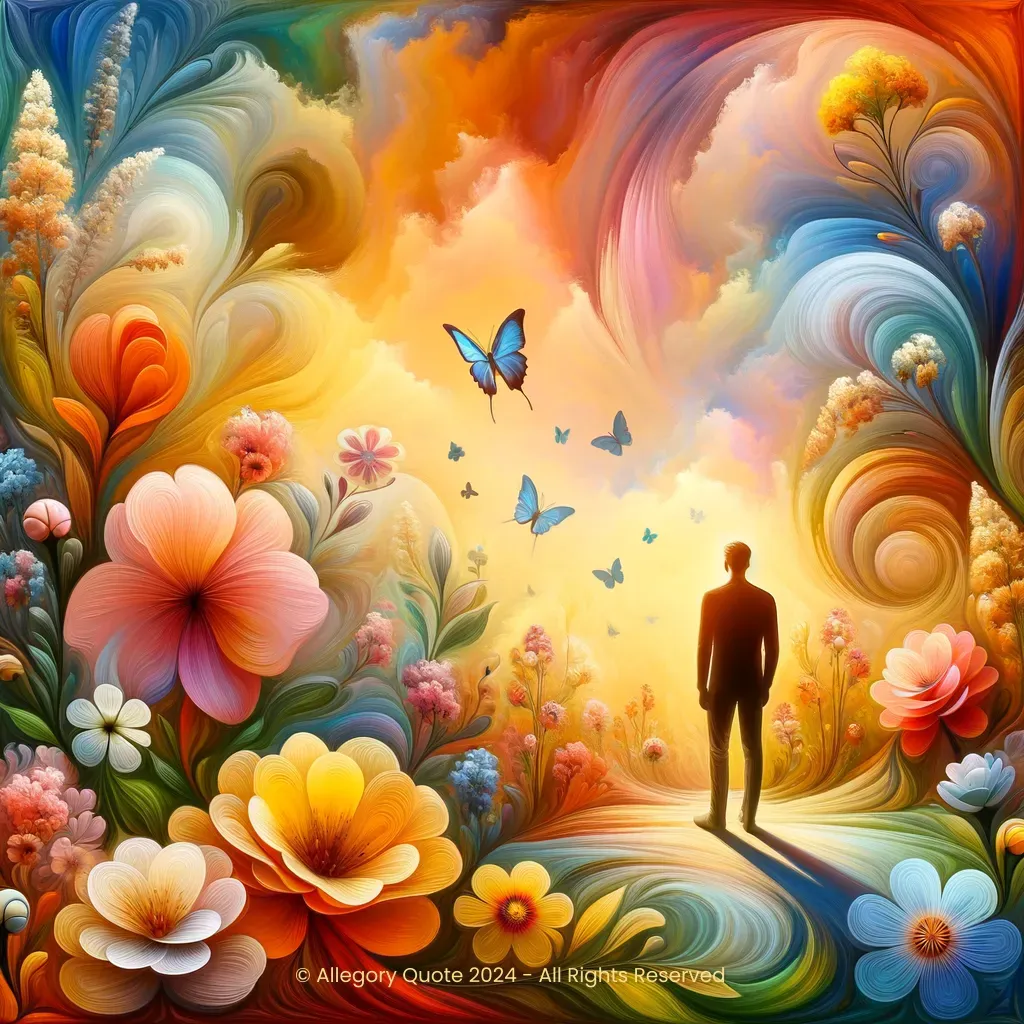
0
0
0
0
- Meaning
- The phrase captures a common human experience of doubt and low self-esteem. Philosophically, it aligns with existential themes of worth and self-perception, reflecting a struggle with identity and personal value. Psychologically, it could signal a moment of vulnerability or a cry for support in the face of perceived failure. Historically, the phrase's casual yet impactful nature speaks to modern society's focus on the individual's emotional state and the importance of mental health discussions.
- Allegory
- In the allegorical image, the figure represents individuals grappling with feelings of inadequacy, standing before a lush garden that symbolizes potential and personal growth. The vibrant colors and blooming flowers convey the idea that beauty exists in every stage of life, while the butterflies signify transformation and the journey towards self-acceptance. The visual balance and warm colors encourage viewers to reflect on their self-worth, advocating for kindness towards oneself.
- Applicability
- This phrase can be a starting point for self-reflection. By acknowledging feelings of inadequacy, an individual may seek help and work towards building self-esteem. It's applicable in scenarios where one feels overwhelmed or incapable, prompting conversations about mental health, acceptance, and support systems.
- Impact
- The phrase has influenced online culture, contributing to discussions about mental health and authenticity in expressing one’s emotions. It often surfaces in meme culture, demonstrating how collective struggles with self-worth have fostered a sense of community and understanding among users.
- Historical Context
- This phrase likely emerged in the late 20th or early 21st century, coinciding with increased discussions about mental health and personal identity. The internet and social media played a crucial role in popularizing self-deprecating humor and expressions of emotional states.
- Criticisms
- Some may critique this phrase as unproductive or harmful if taken to extremes, arguing that it perpetuates negative self-talk. Arguments against its usage might suggest encouraging positive affirmations instead or that it trivializes serious issues related to mental health.
- Variations
- Variations of this phrase exist across different cultures, often retaining the central theme of self-deprecation. In Japanese culture, the phrase "自分はダメだ (Jibun wa dame da)" translates to 'I am no good', reflecting similar sentiments. However, its interpretation can vary based on cultural perceptions of self-worth and humility.
-
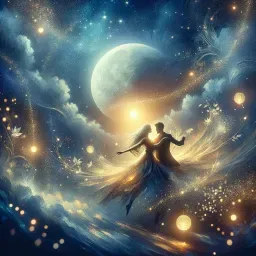
There’s magic in the air tonight, and anything can happen.
-

Venture outside your comfort zone. The rewards are worth it.
-

A question that sometimes drives me hazy: am I or are the others crazy?
-

Always be yourself. Unless you can be Batman, then always be Batman.
-
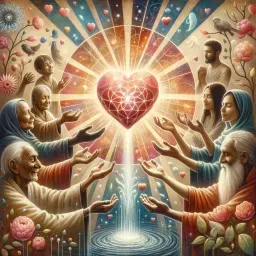
It’s called love. It’s why we do it.
-

You were my new dream.
-
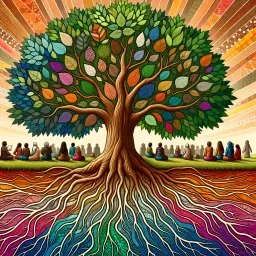
I am part of all that I have found on my path.
-

Your identity is your most valuable possession. Protect it.
-
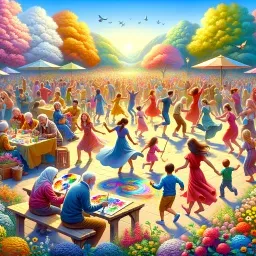
You’re never too old to be young.
-
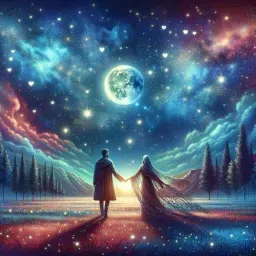
Take her to the moon for me.
-
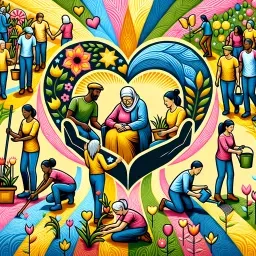
You don’t need a cape to be a hero.
-
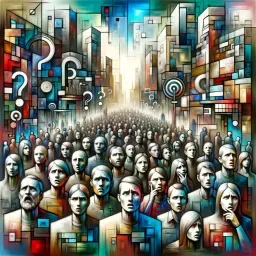
Goddamn it, what’s happening to us, man?
No Comments